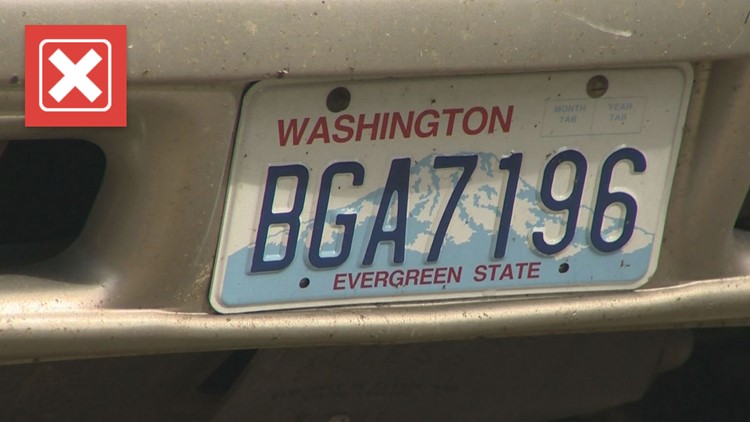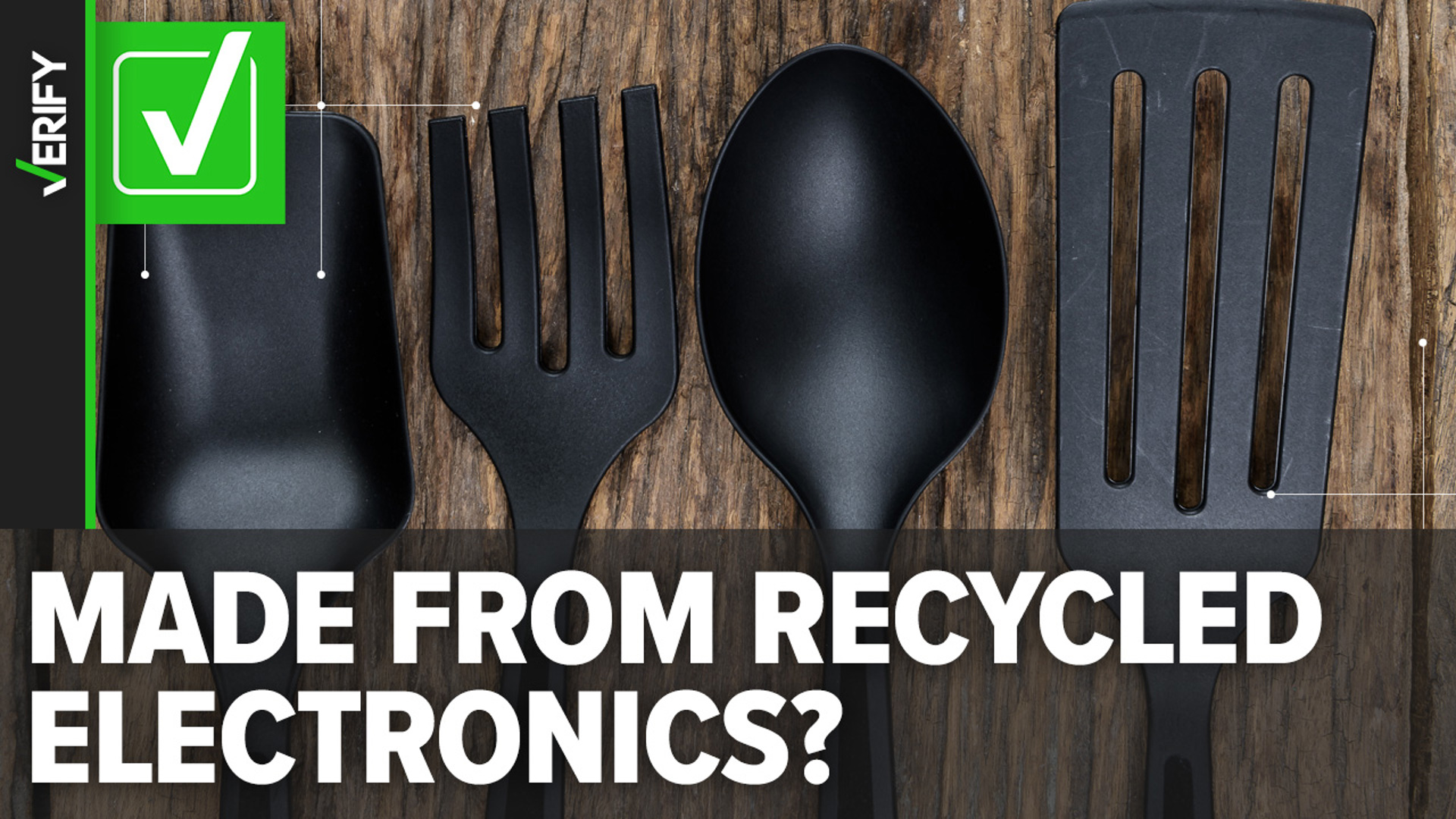PORTLAND, Ore. — The Portland-Vancouver metro area straddles the border between Oregon and Washington, so it's quite common to see vehicles on the road with license plates from the other state. But sometimes those plates seem to show up in odd places. One viewer, Ken, sent the following question to the VERIFY team:
I am seeing a lot more Washington license plates in Oregon neighborhoods. Parked in driveways and apartments. I was told that this is a way to not pay Oregon DMV fees, by buying a car in Washington. Is this true, or is there another reason why?
THE QUESTION
Can you dodge Oregon's DMV fees by purchasing or registering a vehicle in Washington?
THE SOURCES
THE ANSWER
No, Oregon residents cannot avoid DMV fees by buying out-of-state. The vehicles are still required to be registered in Oregon.
WHAT WE FOUND
There's no denying that Oregon vehicle fees are painful. Registration or renewal fees range from $126 to $316 depending on the age and type of vehicle, not to mention miscellaneous charges like county fees and DEQ emissions tests.
One could picture an Oregonian car shopper growing envious of Washington's slightly friendlier fees (they start at a baseline $43.25, although additional charges get tacked on based on location and vehicle characteristics), or imagine a recent Oregon transplant who tries to keep skating by with their old plates.
But the rules are pretty clear: New Oregon residents have 30 days to switch to an Oregon driver's license and get their vehicles registered in Oregon. There are exceptions such as college students or military personnel, but in general, residents who own vehicles in Oregon must register those vehicles in Oregon.
Registration scofflaws certainly exist, and not just in Oregon — according to the Vancouver Police Department, a registration compliance study once found that up to 9.7% of the city's residents had vehicles registered out-of-state — but they risk fines if they get caught.
Expired registrations and license plate tags also became more common in recent years because the Oregon DMV had to close all of its offices when the COVID-19 pandemic hit, creating a huge backlog. There was a temporary grace period in place for expired tags, but the state ended it more than a year ago.
The sales tax issue
Setting aside the residency rules for a second, there's also a practical reason why hopping over to Washington to buy a car wouldn't pencil out: Washington has sales tax and Oregon doesn't. That difference alone would more than cancel out any savings gained by dodging Oregon registration fees.
Oregonians can avoid Washington's sales tax by showing a car dealership documentation to prove they live in Oregon, according to the Washington Department of Revenue, but in that case the vehicle can't be registered in Washington or retain Washington plates when it's delivered.
It's more common to hear about the inverse scenario; Washington residents making purchases in Oregon to avoid sales tax. But that doesn't really work for cars — Washington residents who purchase vehicles out-of-state still need to register them in-state, and at that point they'll either need to pay the sales tax or an equivalent "use tax," according to the state's Department of Revenue.
Oregon also has a use tax on vehicles purchased out-of-state, although it's a lot smaller; the 0.05% tax is intended to make up for lost revenue from a "Vehicle Privilege Tax" that Oregon collects from in-state vehicle dealerships.
Got a question or a story about Portland or Oregon that you'd like us to VERIFY? Drop us a line at verify@kgw.com.



